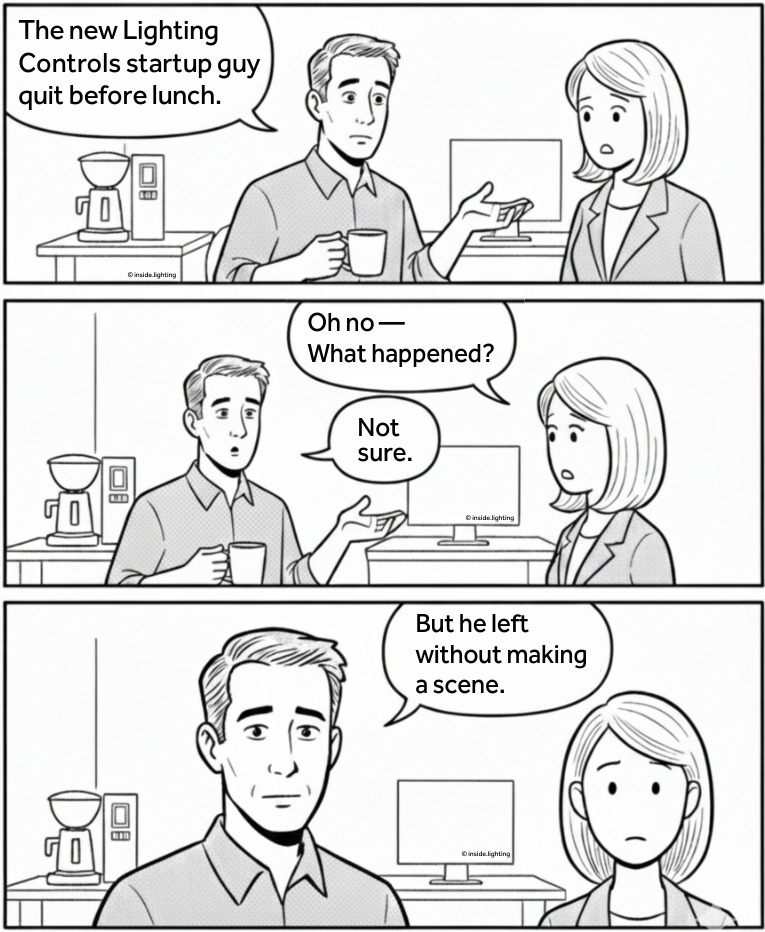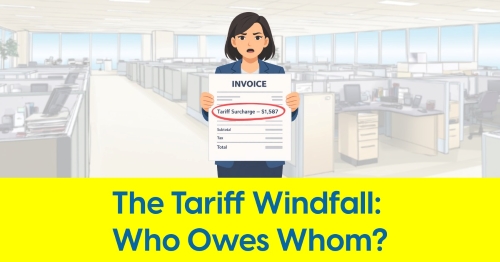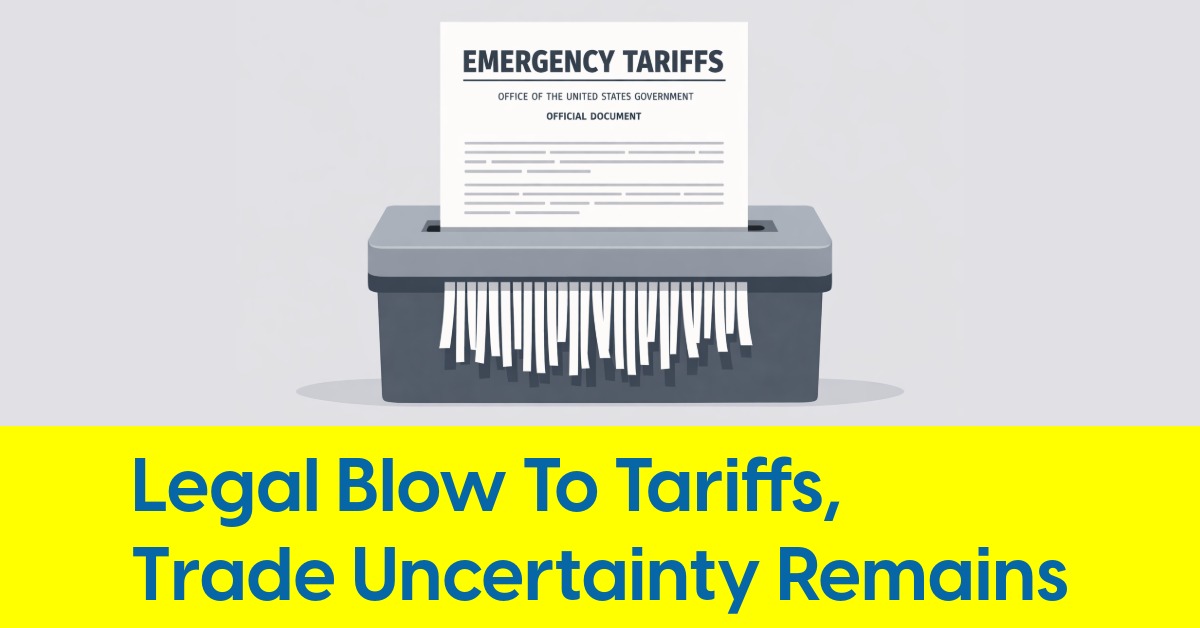September 6, 2023
The Four Pillars of Highly Effective Lighting CFOs

Author: Walter Simson, Principal of Ventor Consulting
The best lighting CFOs take their roles well beyond spreadsheets and financial accounting
The lighting industry is undergoing significant transformations, and the role of a Chief Financial Officer (CFO) has never been more crucial. While external factors play a part, the internal financial management, strategy and foresight of a company can make the difference between thriving and struggling.
There has been a recent spate of lighting industry failures and missteps, the most glaring being the surprise shutdown of Universal Douglas in March 2023. This company joined two venerable industry players, Universal Lighting Technologies (ULT) and Douglas Lighting Controls but could not manage to survive. While the shutdown of Universal Douglas stems from a number of reasons, not just financial management, it underscores the challenges faced by lighting industry manufacturers.
Failed companies always cite industry conditions as a reason for their demise. Point taken. However, that must mean that everybody else is doing something different.
I bet it sometimes comes down to the value of their CFO. The lighting CFO must wear a bunch of hats. And because CFOs backgrounds are so varied, it is often hard to tell if you’ve got a keeper.
Is your CFO any good? Here’s a lighting industry four-part checklist:
-
Controllership. This is the only traditional accounting part of this list. What does good look like? The books and records are in order. The financial statements are produced on a timely basis, say, within 21 days from the end of the month (10 is better). Assets, like AR and inventory, are in control. (That means inventory is sellable at 100 cents on the dollar and A/R is collectible on its terms.) Accounting policies like revenue recognition and write-offs are published, understood and enforced. Payables and expenses are monitored for timeliness and appropriate control. In sum: the place is buttoned up.
-
Manufacturing.The CFO is the person with a good memory and a bad attitude. Well, not really “bad." But manufacturing, especially in a custom or semi-custom industry such as lighting, can be a profitability trap. Someone needs to be watching carefully. That means: the jobs are estimated for labor and material costs, and someone is checking to see that the actual figures are coming in close to estimated. Ancillary costs, like freight-in, scrap, packaging, overtime are tracked and, when appropriate, charged to a customer. Inventory management has got to mirror the underlying sales, or the company will be over-investing in dead stock. (This, rumors have it, was a great contributor to the demise of Universal Douglas, which reportedly had a huge catalog of low margin, low sales items) The CFO is not abean counter in this environment. She gets up out of the office and scans the operation to ensure the profitability machine is ticking over properly.
-
Futurist. The CFO determines the company’s future capital needs. That means managing a budgeting process that uses the power of a laptop to understand what each month’s cash flow looks like. And just every month, but the period to date. What investments need to be made in plant, equipment, software and training? How will those investments be made, and if debt is used, how certain are we of our ability to repay? The CFO needs to have the power to see into the future.
-
Strategist. The lighting industry has gone through a period of growth, company formation and innovation. Is there a consolidation ahead? Is it time to merge, sell, take investors or talk to PE investors? The CFO needs to monitor business conditions to advise the proper use of the accelerator—or the brakes. They must stay abreast of market trends like the surge in energy-efficient and smart lighting systems. Additionally, they need to monitor competitor moves to adjust pricing and recognize M&A prospects, and also keep an eye on global economic factors, from trade tariffs to global recessions, to make informed decisions on expansion and sourcing.
By possessing a deep understanding in these areas, a CFO can provide insightful recommendations on whether it's time to double down on a new venture, pull back, or even pivot the company's direction. In essence, they become the beacon, guiding the company not just through stormy financial waters, but also ensuring it is sailing in the right direction.
If your CFO deals effectively in these four arenas, my bet is that your company will deal with business challenges in stride. If not, let’s all agree this is not a character flaw. We all make mistakes, and an experienced and confident CFO will have the systems and mindset to help insure the errors that inevitably come through are not mortal ones.
 About the Author:
About the Author:
Walter Simson is Principal of Ventor Consulting, a profitability improvement and turnaround firm. From 2019-2023 he was CEO of Magnitude Lighting.










